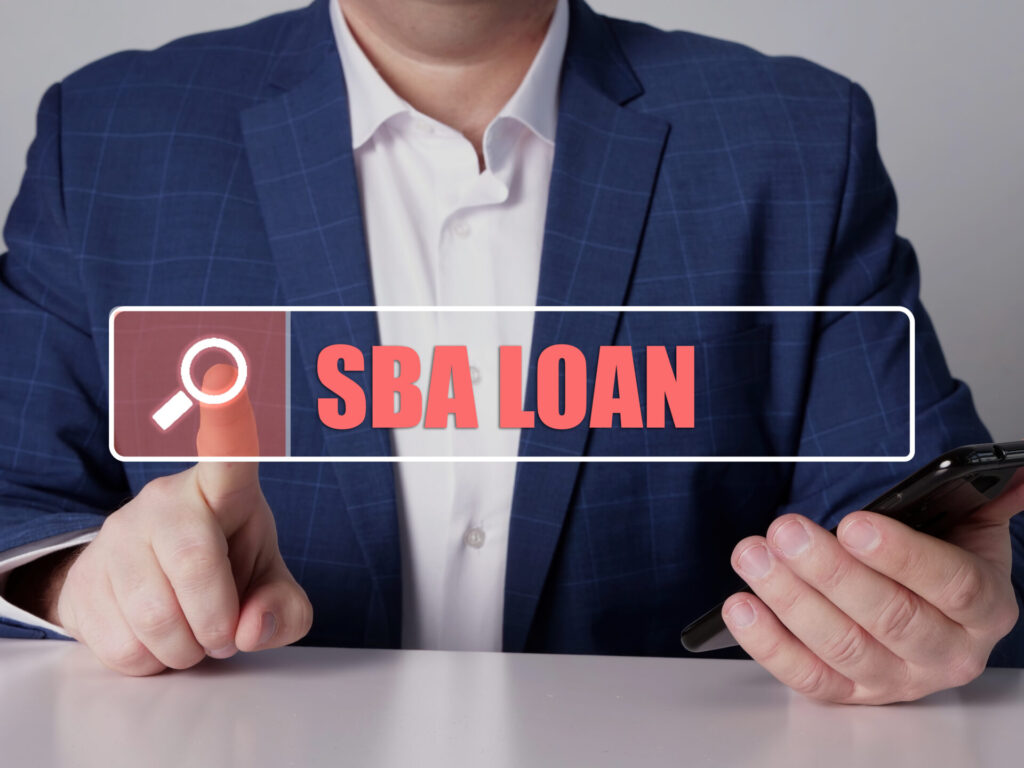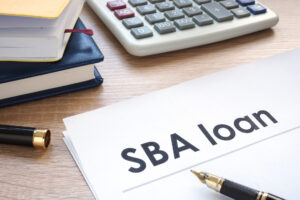 CFGMS Admin
April 11, 2023
Categories:
Direct Business Lending, Invoice Factoring, Merchant Cash Advance, Online Lending, Small Business Funding, Working Capital Financing
CFGMS Admin
April 11, 2023
Categories:
Direct Business Lending, Invoice Factoring, Merchant Cash Advance, Online Lending, Small Business Funding, Working Capital Financing
Small Business Administration Loans
The Small Business Administration (SBA) is a U.S. government agency that provides support to small businesses. The SBA offers several loan programs to help small businesses start, grow, and recover, including:
Paycheck Protection Program (PPP): This loan program was created in response to the COVID-19 pandemic to help small businesses keep their employees on the payroll.
Economic Injury Disaster Loan (EIDL): This loan aids small businesses affected by a declared disaster.
7(a) Loan Program: This is the SBA’s primary loan program and offers a range of loan options for small businesses, including general business loans, export loans, rural business loans, and more.
Microloan Program: This program provides small, short-term loans to start-up, newly established, or growing small businesses.
These are a few loan programs offered by the SBA. Eligibility and loan terms vary depending on the program. It is important to research each one thoroughly and determine which program is best for your specific business needs.
Paycheck Protection Program (PPP)
The Paycheck Protection Program (PPP) is a loan program established by the Small Business Administration (SBA) under the CARES Act to help small businesses and non-profit organizations keep their employees on payroll during the COVID-19 pandemic. The program provides forgivable loans to eligible businesses. The funds can be used to cover payroll, rent, mortgage interest, and other essential expenses.
Eligibility: To be eligible for a PPP loan, a business must have 500 or fewer employees and have been in operation on February 15, 2020. Additionally, independent contractors, self-employed individuals, and sole proprietors are also eligible to apply.
Loan Amount: The maximum loan amount for a PPP loan is 2.5 times the average monthly payroll costs of the business, up to a maximum of $10 million.
Economic Injury Disaster Loan (EIDL)
The EIDL loan program offered by the Small Business Administration (SBA) helps small businesses and non-profit organizations that have been impacted by a declared disaster. For example, the COVID-19 pandemic. The loan provides working capital to help businesses meet their financial obligations and pay expenses during the disaster period.
Eligibility: To be eligible for an EIDL loan, a business must have 500 or fewer employees and have suffered a substantial economic injury because of the declared disaster. Similar to a PPP loan, sole proprietors, self-employed individuals, and independent contractors are also eligible to apply.
Loan Amount: The maximum loan amount for an EIDL loan is $2 million. The actual loan amount will depend on the financial needs of the business and the amount of economic injury sustained.

The Small Business Administration (SBA) provides valuable loan options to businesses facing difficulties with securing working capital.
7(a) loan
The 7(a)-loan program is a loan guarantee program run by the Small Business Administration (SBA) in the United States. The program provides small businesses with access to financing that they may not otherwise be able to obtain through traditional lending channels. The 7(a) program offers a range of loan options, including term loans for specific purposes, lines of credit, and export financing. Loans are provided by participating SBA-approved lenders, and the SBA guarantees a portion of the loan amount, reducing the risk for the lender and increasing the chances of loan approval for the small business. The 7(a) program is a popular option for small businesses because of its relatively flexible terms. Additionally, relatively low requirements for collateral and personal guarantees.
Microloan
Microloans are small, short-term loans designed to provide financing to small businesses. As well as entrepreneurs, and low-income individuals who may not have access to traditional forms of credit. These loans typically range from $500 to $50,000 and are used for working capital, inventory, supplies, and equipment. They are often provided by nonprofit organizations, community-based lenders, and government agencies. The terms and interest rates of microloans vary depending on the lender and the borrower’s creditworthiness. Compared to traditional loans, microloans typically have fewer requirements and are easier to obtain for those who lack a strong credit history or collateral. The goal of microloans is to support the growth and development of small businesses and entrepreneurs in underserved communities. As well as provide access to capital for individuals and businesses.
What to do if you do not qualify for an SBA loan
If you do not qualify for a Paycheck Protection Program (PPP) or Economic Injury Disaster Loan (EIDL) loan from the Small Business Administration (SBA), there are other options you can consider:
1. Alternative Lenders: Alternative lenders, such as online lenders, that offer financing options with less stringent requirements than an SBA loan.
2. Business Line of Credit: Provides access to funds as you need them. This can be a good option for short-term financing needs.
3. Invoice Financing: This type of financing allows you to receive a cash advance on your outstanding invoices.
4. Merchant Cash Advance: A type of financing where a business sells a portion of its future credit card sales for an upfront lump sum.
5. Personal Loans: If your business is not eligible for a traditional business loan, you may consider a personal loan. However, this should be a last resort, as it can put your personal assets at risk.
It’s important to carefully research and compare your options to determine which one is best for your specific business needs.
